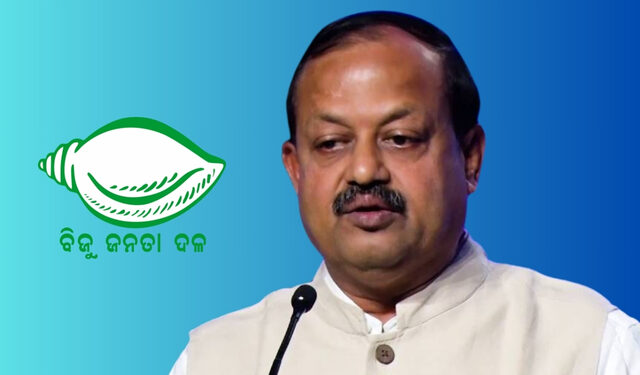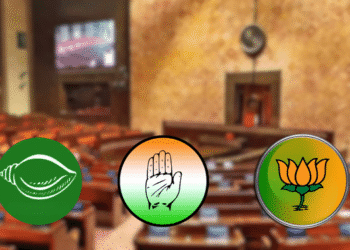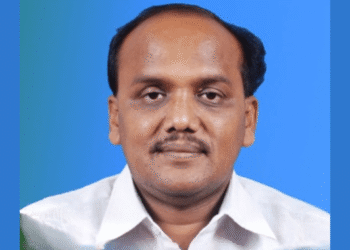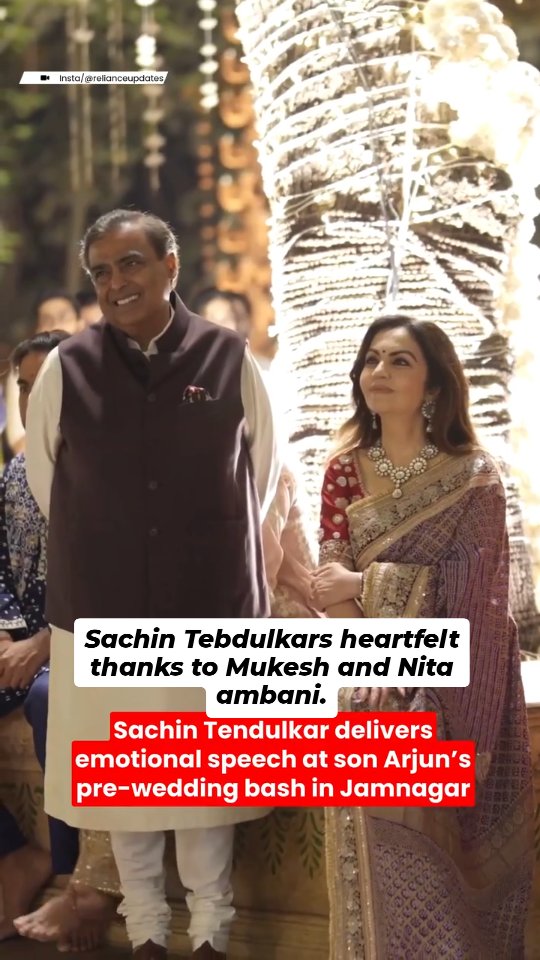As the process for India’s vice-presidential election gains momentum, the Biju Janata Dal (BJD), Odisha’s principal opposition party, has made a significant move by deciding to oppose the National Democratic Alliance’s (NDA) candidate.
This decision was reached during a crucial meeting held on Saturday at Sankha Bhawan, the party’s headquarters, under the leadership of BJD’s coordination committee chairman and senior vice-president, Debi Prasad Mishra.
The meeting, attended by senior leaders including Sanjay Dasburma, Pratap Jena, Atanu Sabyasachi Nayak, Arun Sahu, and Pranab Prakash Das, focused on organisational matters and the party’s strategy for the vice-presidential election.
Discussions also covered filling vacant district president posts in nine districts, planning campus activities for upcoming college elections, and organising protests against irregularities in paddy procurement. However, the spotlight was on the party’s stance in the vice-presidential election, with senior MLA Pratap Keshari Deb advocating for an early and clear position against the NDA candidate. Most leaders agreed that supporting the NDA could be politically suicidal and erode public trust in the BJD, especially given the current political climate in Odisha.
The decision has been communicated to BJD supremo Naveen Patnaik, who was not present at the meeting. Sources indicate that while Patnaik has been informed, his final stance remains unclear, sparking speculation about whether he will align with his party’s decision or seek to maintain cordial relations with the BJP’s central leadership. This ambiguity has fueled discussions about potential internal rifts within the BJD.
In the vice-presidential election, only Members of Parliament (MPs) from the Lok Sabha and Rajya Sabha can vote. With the BJD having no representation in the Lok Sabha and only seven MPs in the Rajya Sabha, its influence on the election’s outcome may be limited. The NDA, with 426 MPs (293 in Lok Sabha and 133 in Rajya Sabha), holds a comfortable majority, needing only 396 votes to secure victory.
Voting is conducted via secret ballot, and no party whip can be issued, allowing MPs to vote independently. The BJD’s decision to oppose the NDA candidate underscores its intent to maintain its distinct political identity in Odisha and assert its opposition credentials.
While this move may not significantly alter the election’s outcome, it signals a strategic shift in the BJD’s approach, potentially setting the stage for heightened political activity in the state ahead of future elections.






























